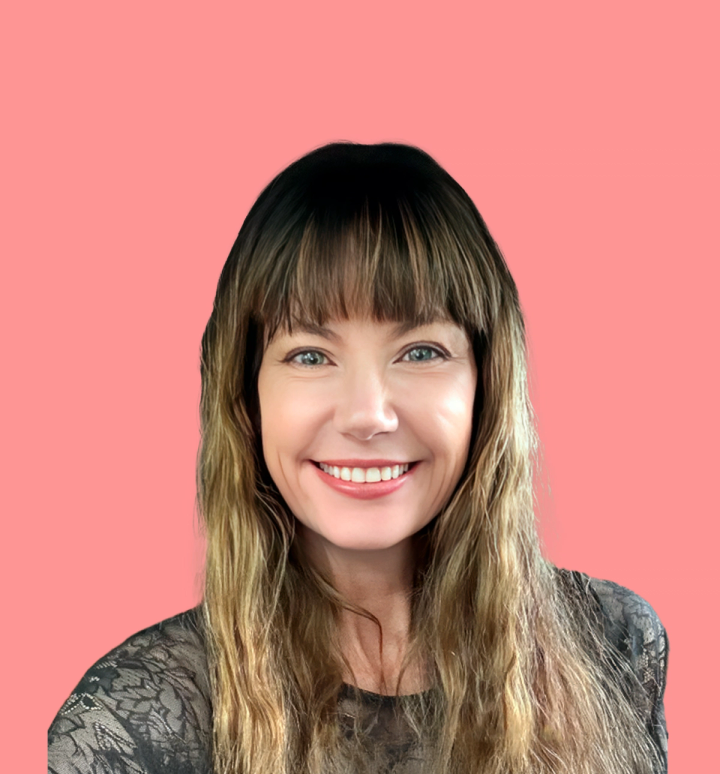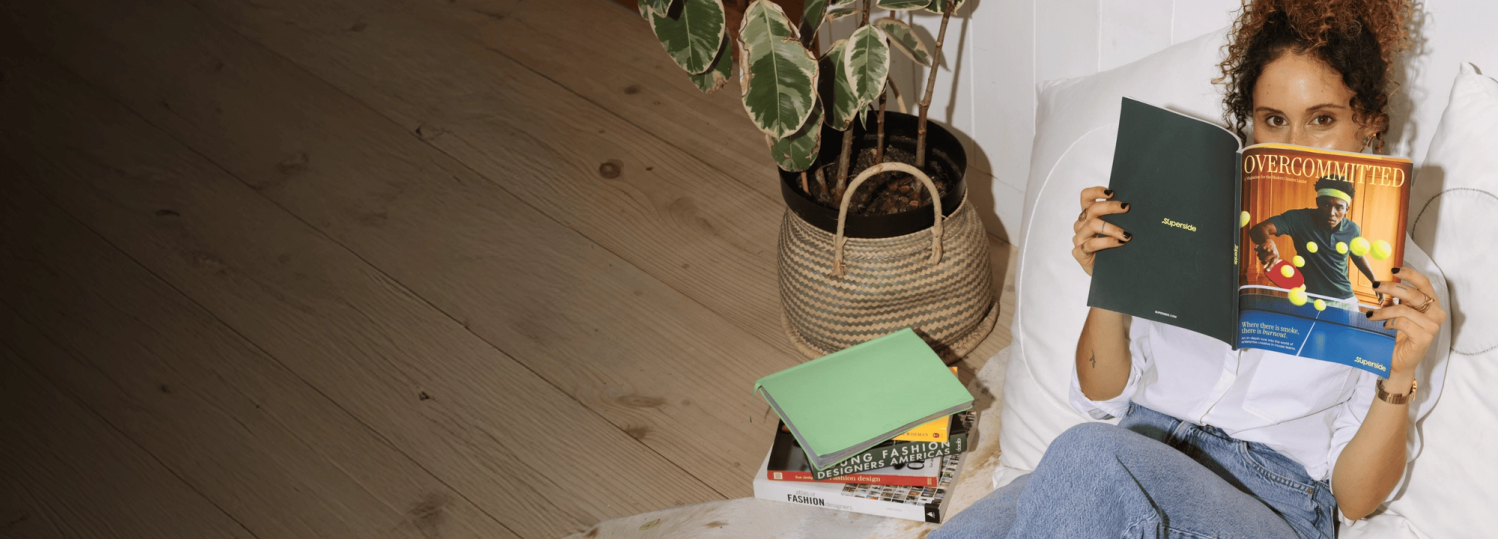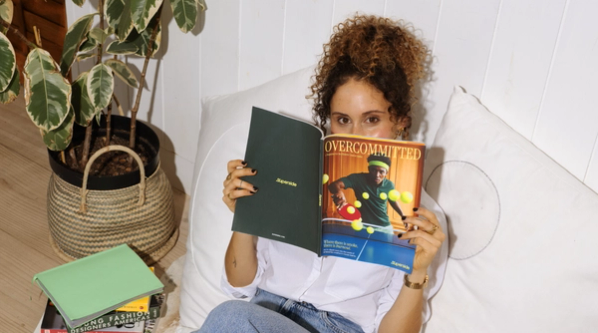
What happens when Superside CMO Jen Rapp joins the Marketing Millennials Podcast for a spirited conversation about why creative teams are burned out? Find out.
Love The Marketing Millennials podcast? So does Superside CMO, Jen Rapp. When she was invited to come talk about the struggles of in-house creative teams, her podcast-bucket-list-moment turned into an insightful look into the inner workings of internal creative teams.
In addition to how she became an accidental marketer, she shares why these teams are so stressed, how to better communicate with creatives right from the start and why you can’t always predict what will perform—the flaming burger edition.
One of the most overlooked challenges, bottlenecks
As someone who has been running creative teams for the last 10 years, the biggest problem creatives face today is bandwidth.

First, there was digital transformation, now there’s AI. These days, creative teams are asked to produce more than ever—a time when they’re also the most under-resourced.
With more creative requests coming in than creative flowing out, the creative team becomes a bottleneck. If Queen’s Under Pressure is starting to play in your head, it’s no accident. When workflows break down, so do the people—the creative team and the teams they serve.
🎙️Audiophiles, here's the episode link.
Start with a really strong brief
A great brief isn’t just a task list—it’s a roadmap, a vibe check and a creative spark all in one.
Give clear directions. Show examples. Reference styles, moods and inspirations. If you say, "Make it fun," expect a thousand interpretations. But if you say, "Coachella meets Disneyland," they’ll know exactly where to go.
Creatives thrive with direction, not guesswork. The more context you provide, the faster they’ll get it right—and the better the final outcome will be.
You can’t always predict what actually performs
True story: When Rapp joined DoorDash, she saw this outdated direct mail piece—a flaming burger flying through space in a cringe-worthy design. She thought, never again. Turns out, it was the highest-performing mailer ever. Nothing trendy or polished could beat it.
Lesson learned? Data over ego. Instead of reinventing the wheel, she reflects that she should have asked. “Why is this working? How do we build on it?”
Great marketing isn’t about personal taste—it’s about knowing what resonates and leaning into it.














